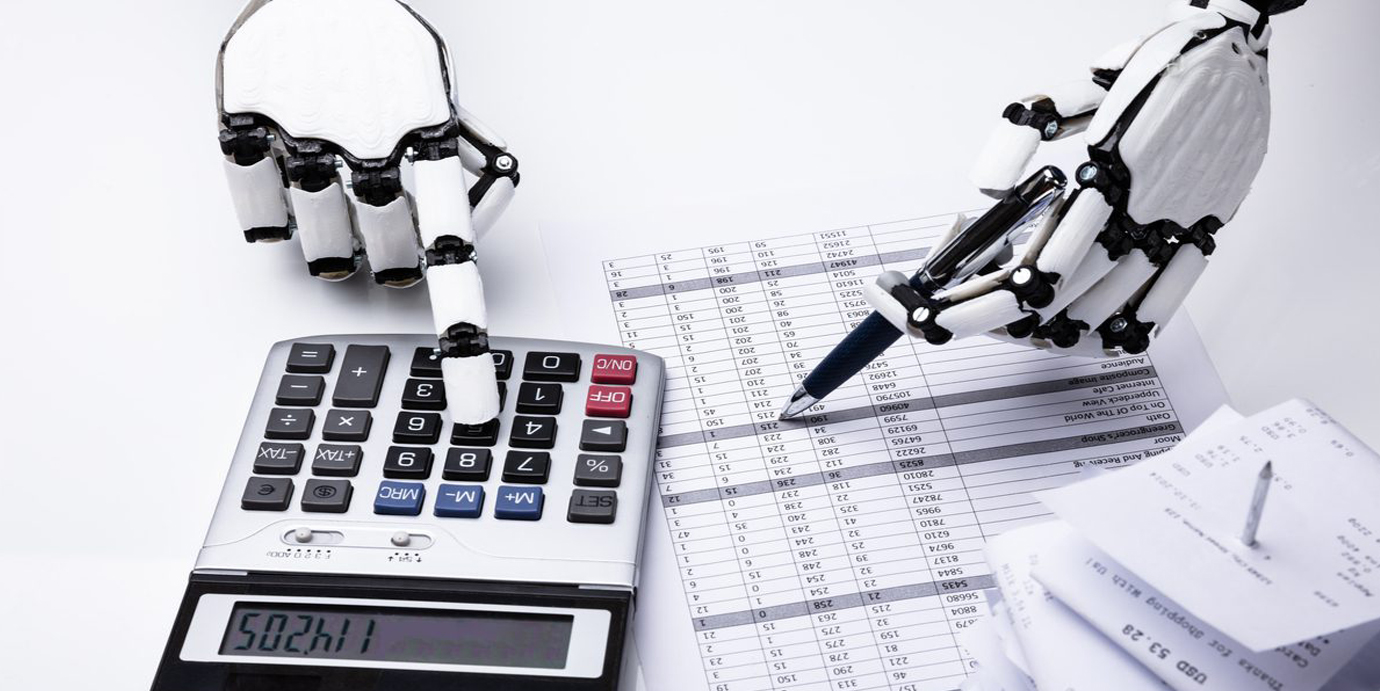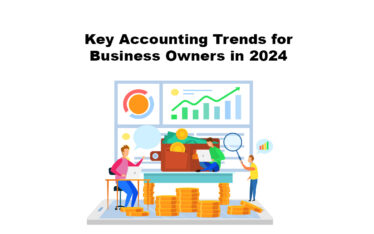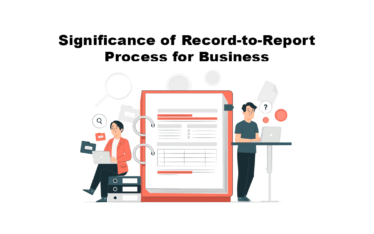Artificial intelligence (AI) is very powerful and is improving quickly. AI provide outputs that can be extremely accurate, replacing and in some cases suspending human efforts. However, they do not replicate human intelligence which largely been claimed by the experts. Artificial intelligence is drastically important to our future because AI forms the very foundation of computer learning. It is rapidly becoming a part of more businesses’ daily operations.
The goal of AI is to provide software that can understand the input and explain the output. AI will provide human-like interactions with software and offer decision support for specific tasks, but it is not a replacement for humans. AI involves using computers to do things that traditionally require human intelligence. This means creating algorithms to classify, analyze, and draw predictions from data. It also involves acting on data, learning from new data, and improving over time.
In the short term, AI brings many opportunities for accountants to improve their efficiency, provide more insight and deliver more value to businesses. In the longer term, AI raises opportunities for much more radical change, as systems increasingly take over decision- making tasks currently done by humans.
When AI is introduced, it can eliminate some of the routine tasks that accountants must do in day-to-day life. For example, it can digest and analyze large volumes of data at faster-than-human speeds, extract key terms and analyze them, and sometimes solve problems that could not be solved easily by human. Within the accounting world, AI is most commonly used to complete repetitive tasks, such as recording data, sorting transactions, reconciling accounts, inputting and matching data from scanned receipts and invoices to transactions, comparing employee expense reports against company policy, and tracking price.
Combining AI with other technologies, such as robotic process automation, can allow accountants to redirect the time that they used to spend on mundane tasks toward performing high-value, high-impact tasks. Adding AI to accounting operations can also increase output quality by minimizing human errors.
What does the growth of AI mean for the future of businesses’ finances?
- Quick and errorless accounting
- Real-time financial data
- Saving optimization
- Process Standardizatio
- Newer Technologies
- Encourages business growth
Using AI within your financial ecosystem unlocks access to more accurate and up-to-date information. However, a secondary effect of AI is that it encourages business growth. With real-time access to accurate financial data, a business can move from reactive to responsive.
The Future of AI bookkeeping
While some fear the AI technology and worry it will eliminate jobs, it can actually do the opposite. AI completes rote tasks and lets the humans get back to what they are good at strategic thinking, creativity and planning. Businesses will always need the critical decision-making capabilities of accountants and bookkeepers, whether they are using AI technology or not. With strategic implementation, AI can benefit a company in any number of ways. When you choose to implement AI technology within your finance department, you must do so with intention.
New technology can be intimidating, but when it comes to AI in finance, the benefits far outweigh the costs. When correctly adopted, AI can benefit your finance team and entire company by saving you money, increasing efficiency, and providing access to real-time financial data.
Accounting is undeniably changing, largely because of intelligent technology, including machine learning, AI, and blockchain. As Accounting Today notes, “as with any evolution, whether Darwinian or technological, those who aren’t willing to adapt risk being left behind.”Future accounting jobs will require dedicated professionals who are ready to evolve alongside the industry.





